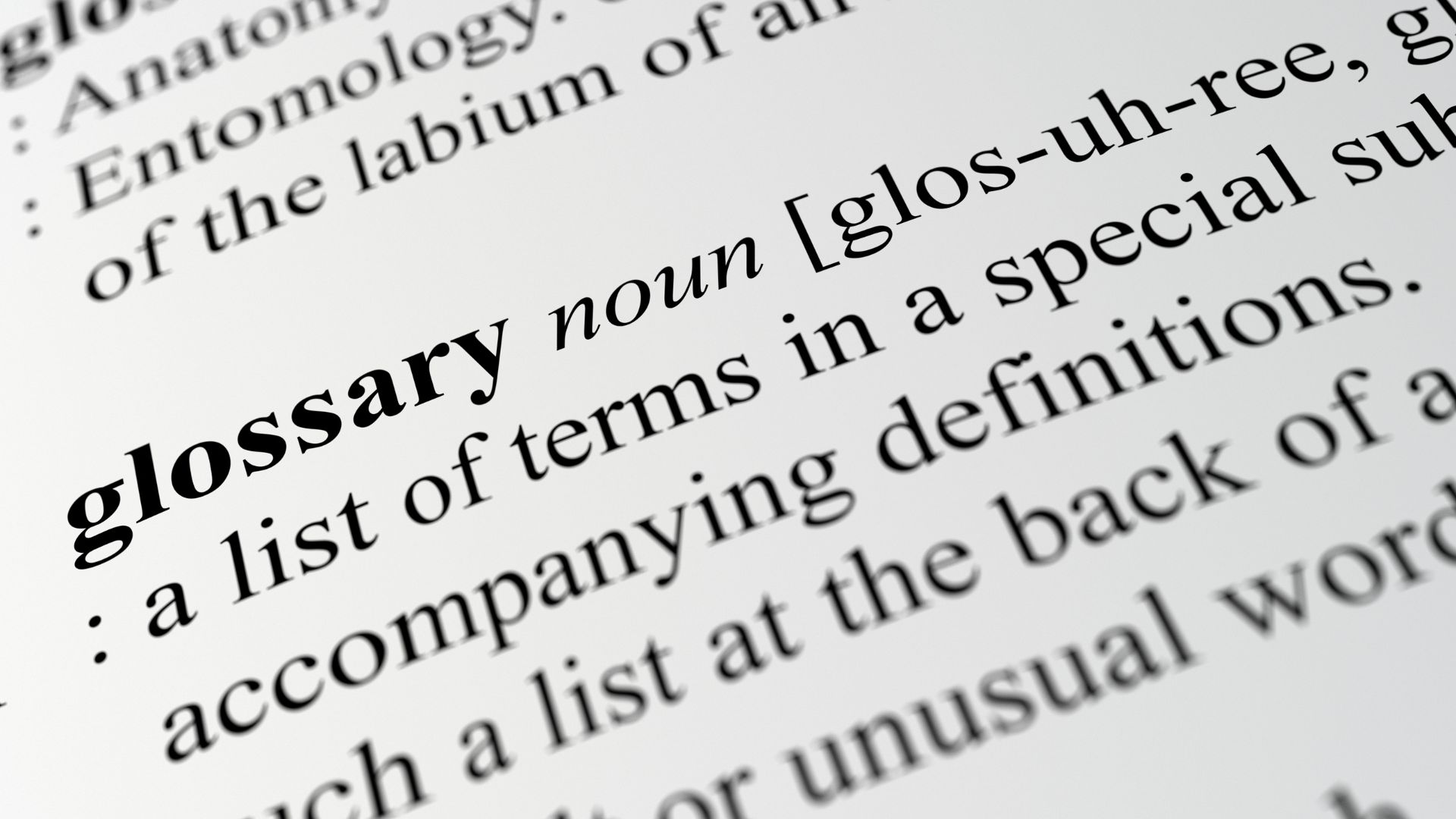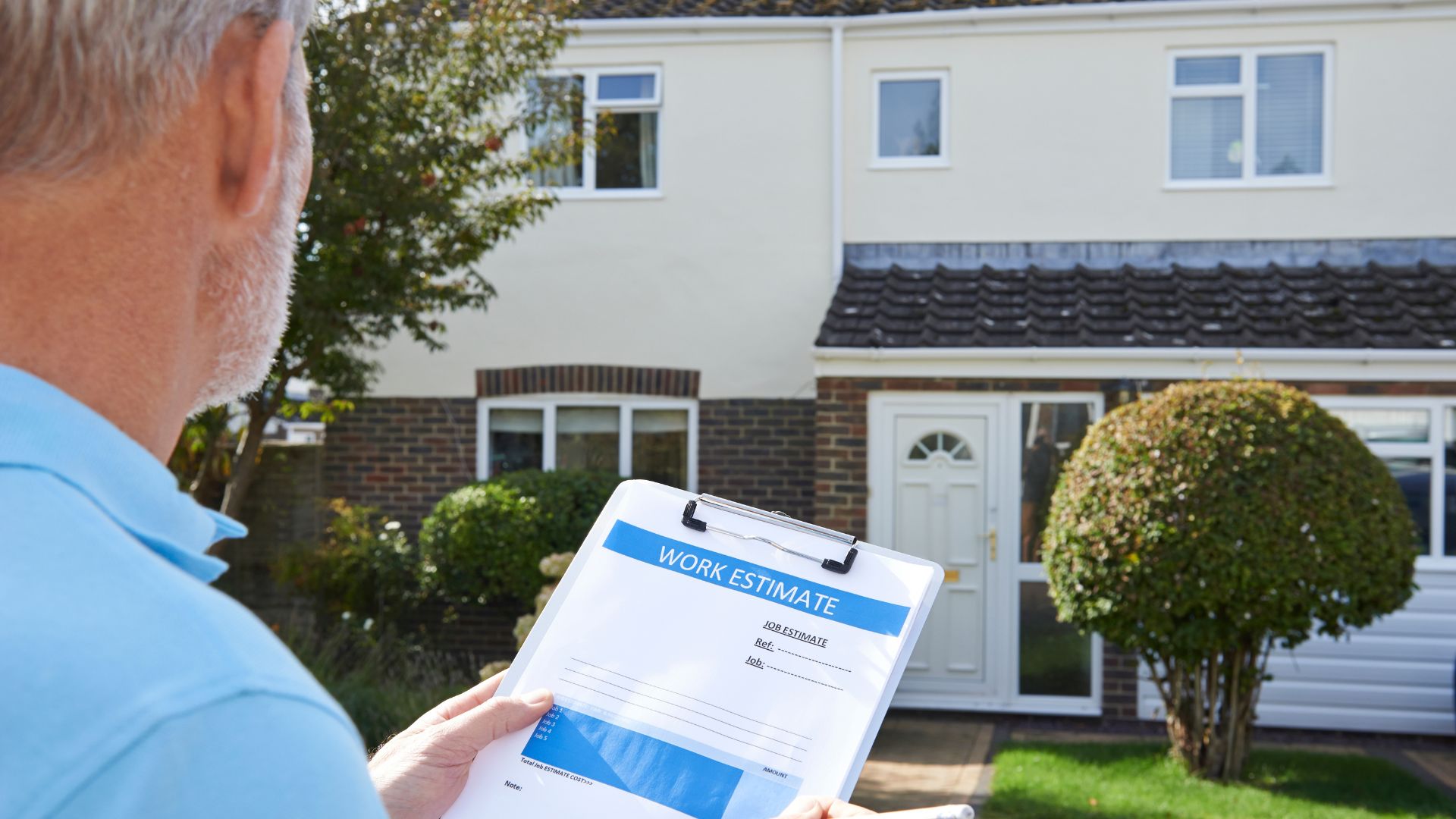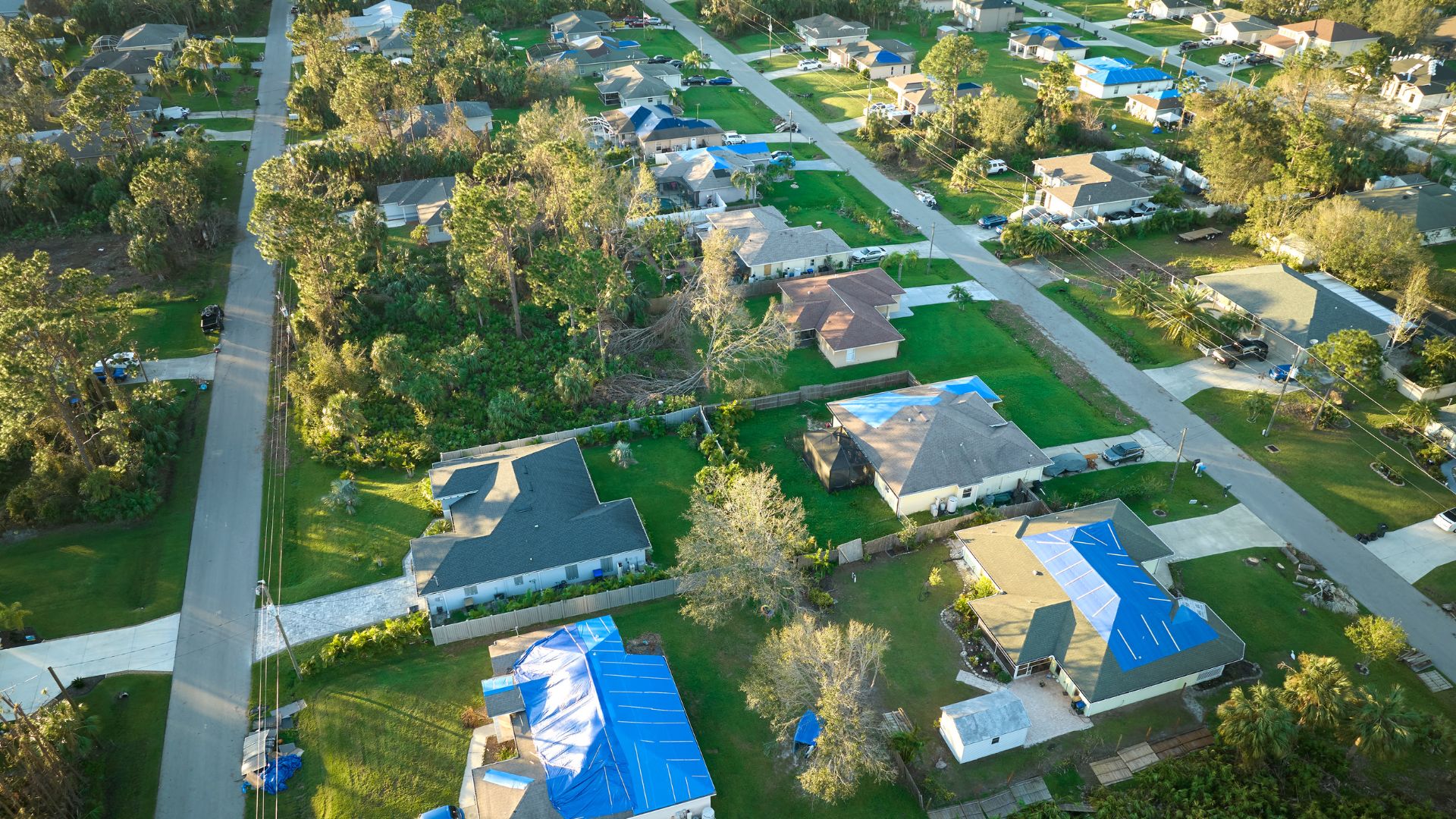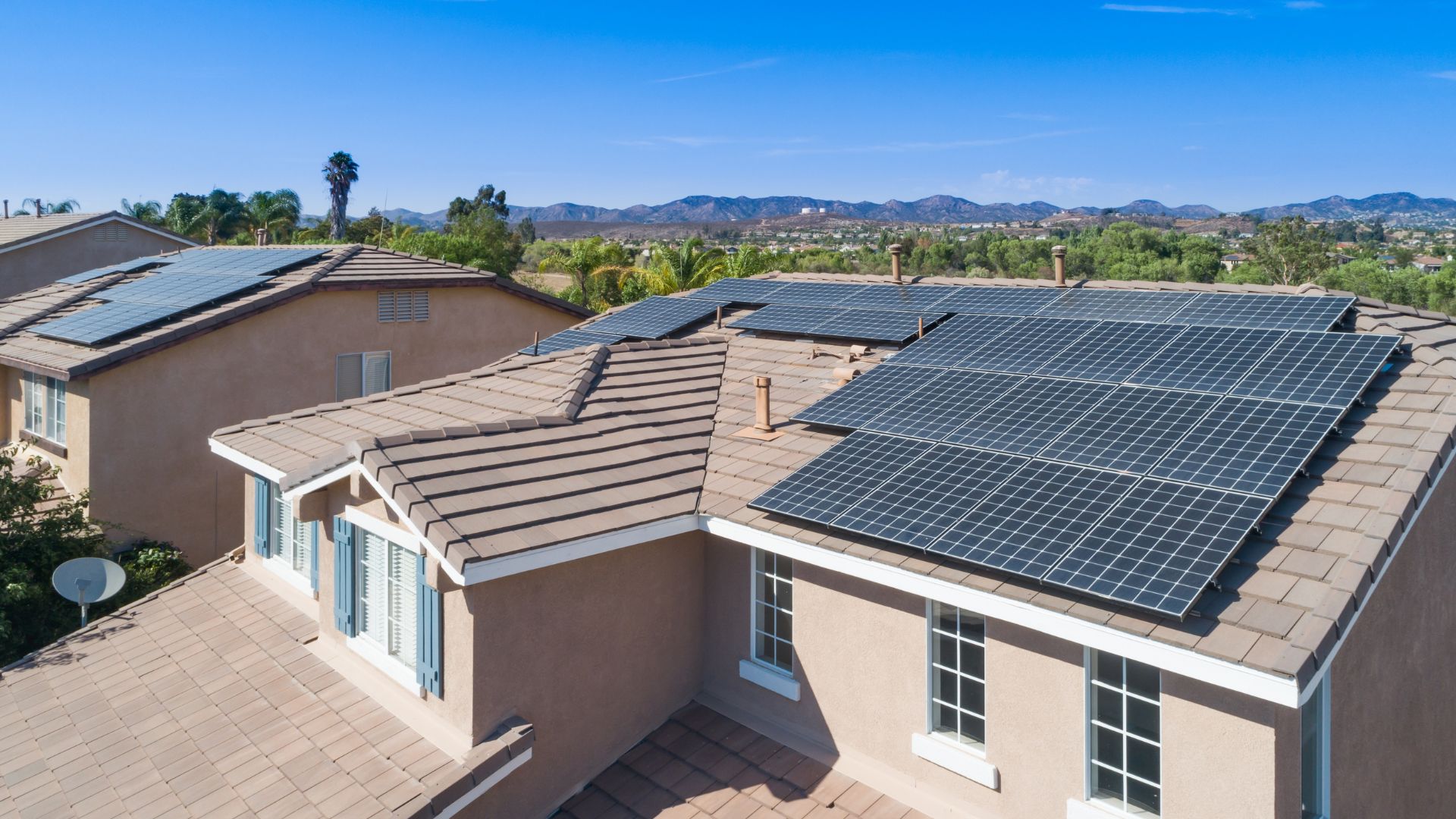Selecting the best fence for your property is a crucial decision that impacts your home’s security, privacy, and overall appearance. To make the best choice, it’s important to consider several factors, including your specific needs, budget, and the climate in your area.

Identify the Purpose of the Fence
The first step in choosing a fence is to understand its primary purpose. Whether you’re looking for privacy, security, or simply to enhance your property’s appearance, the purpose will guide your material and style choices.
- Privacy: For maximum privacy, opt for tall, solid fences made of wood or vinyl.
- Security: Metal fences like steel or aluminum provide strength and security.
- Aesthetics: Picket fences or ornamental wrought iron can add charm to your property.
- Safety: For pools or pets, choose fences that meet safety standards and regulations.
Choose the Right Material
The material of your fence will affect its appearance, durability, and maintenance needs. Popular options include:
- Wood: Classic and customizable but requires regular maintenance.
- Vinyl: Durable and low-maintenance, ideal for various styles.
- Metal: Offers strength and security; options include steel, aluminum, and wrought iron.
- Composite: Combines the look of wood with synthetic durability.
- Chain-Link: Economical and functional, often used in large properties.
Consider the Climate
The local climate plays a significant role in determining the best material for your fence.
- Humid Areas: Opt for vinyl or composite, as wood may rot.
- Dry Climates: Vinyl or composite works well, as wood may crack.
- Cold Climates: Choose materials that resist warping and cracking, like vinyl or composite.
- Coastal Areas: Aluminum and vinyl resist corrosion from salt air.
Maintenance Requirements
Different materials come with varying maintenance demands. Consider how much time you’re willing to invest in upkeep:
- Wood: Requires regular sealing or painting.
- Vinyl: Needs minimal maintenance, just occasional cleaning.
- Metal: Wrought iron requires painting; aluminum is low-maintenance.
- Composite: Low maintenance, similar to vinyl.
- Chain-Link: Very low maintenance but may need rust prevention.
Check Local Regulations
Before installation, check with local authorities or homeowner associations for any restrictions:
- Height Limits: Ensure your fence meets local height regulations.
- Material Restrictions: Some areas have rules about allowed materials.
- Setbacks: Fences may need to be a certain distance from property lines.
- Permits: You might need a permit before installation.
Budget Considerations
Finally, consider both the upfront costs and long-term expenses of your fence:
- Initial Costs: Wood and chain-link fences are generally more affordable.
- Long-Term Costs: Higher-quality materials like vinyl or composite may have a higher upfront cost but require less maintenance, saving you money over time.
Conclusion
Choosing the best fence for your property involves careful consideration of your needs, the environment, and your budget. By understanding the purpose of your fence, selecting the appropriate material, and factoring in maintenance and local regulations, you can make an informed decision that enhances the value, safety, and beauty of your property. Taking the time to assess these factors will ensure that your fence serves its intended purpose for years to come.






